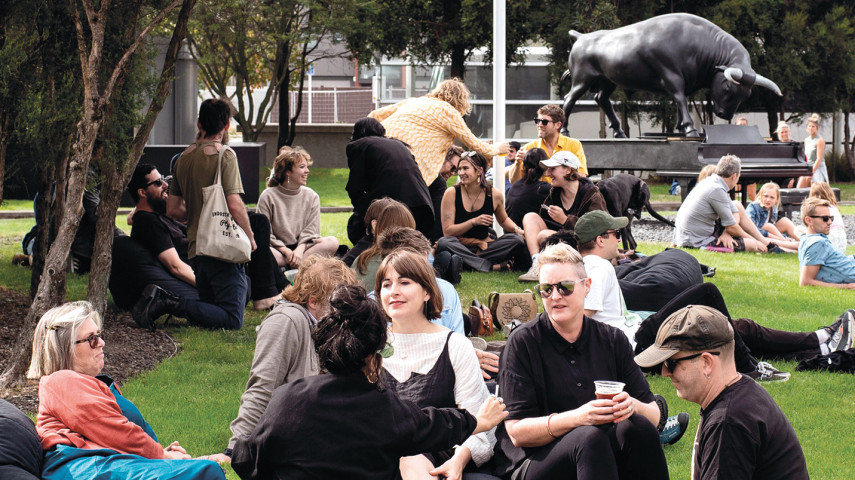Christchurch City Council has adopted a Local Alcohol Policy that sets out how alcohol should be sold and supplied in Christchurch.

By having a Local Alcohol Policy, a council, in consultation with the local community, can set rules around the number, location, and opening hours of licensed premises in its district, such as bars, cafes and restaurants, supermarkets and bottle stores. These rules can apply across either the whole city and district or only in identified local areas. Having a Local Alcohol Policy is optional, but once they're in place, they must be considered whenever a licensing decision is made.
Our Local Alcohol Policy was approved by the Council on 30 June 2025 and includes three main rules designed to address alcohol-related harm:
- All off-licence retailers must stop selling alcohol at 9pm daily. This includes bottle stores and supermarkets.
- A freeze on new off-licences in high-deprivation communities.
- Restricting new bottle stores from setting up near addiction treatment/rehabilitation centres, primary and secondary schools, the University of Canterbury and the Christchurch Bus Interchange.
Read more on Newsline.(external link)
Read the Local Alcohol Policy 2025 [PDF, 1 MB]
Use the map below to see areas with a restriction on on the location of new bottle stores (green) and areas with a freeze on the issue of new off-licences (red).
Local Alcohol Policy map
Our Local Alcohol Policy was developed following extensive research and early engagement with the community on possible policy options, and public consultation on a draft of the policy. Relevant supporting documents are:
- Research report [PDF, 7.5 MB]
- Draft Local Alcohol Policy submissions analysis report [PDF, 337 KB]
- Issues and options report [PDF, 272 KB]
- Early engagement analysis report [PDF, 925 KB]
